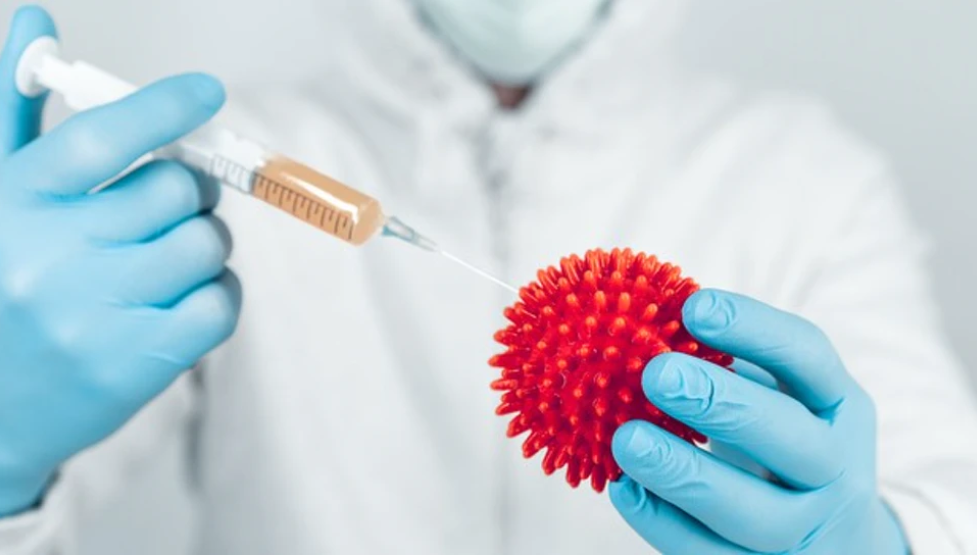
Study Finds Lasting Immunity to COVID-19
Several new studies, which have yet to be peer reviewed, show that antibodies and immune cells (B cells and T cells), which are able to recognize the SARS-CoV-2 virus, appear to be present months after infection recovery.
One group of scientists “performed a longitudinal assessment of individuals recovered from mildly symptomatic COVID-19 to determine if they develop and sustain immunological memory against the virus,” their study says. “We found that recovered individuals developed SARS-CoV-2-specific IgG antibody and neutralizing plasma, as well as virus-specific memory B and T cells that not only persisted, but in some cases increased numerically over three months following symptom onset.”
“Furthermore, the SARS-CoV-2-specific memory lymphocytes exhibited characteristics associated with potent antiviral immunity: memory T cells secreted IFN-γ and expanded upon antigen re-encounter, while memory B cells expressed receptors capable of neutralizing virus when expressed as antibodies. These findings demonstrate that mild COVID-19 elicits memory lymphocytes that persist and display functional hallmarks associated with antiviral protective immunity,” the scientists wrote.
It cannot predicted how long these immune responses will last, but many experts consider the data a welcome indication that the body’s most important cells are doing their job — and will have a good chance of fending off COVID-19 faster and more fervently than before, if exposed to it again.
“This is exactly what you would hope for,” said Marion Pepper, an immunologist at the University of Washington and an author on another of the new studies, which is currently under review at the journal Nature. “All the pieces are there to have a totally protective immune response.”
